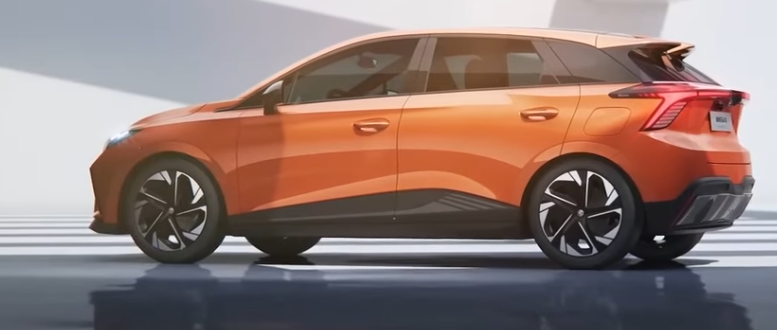Years ago people seemed to have “range anxiety” with regard to EVs. That is, they were afraid of ending up in the middle of nowhere with a dead battery. That fear has been addressed by two things:
- Larger battery capacities
- More extensive charger networks
While that fear was likely “helped along” by both ICE car makers and the petroleum industry it has pretty much gone away. So, it is time for a new fear: EV battery life. Is it an issue?
In general, no. There is now enough data to suggest that is not an issue. Much of that data comes from the taxi industry in China where there are lots of taxis which have traveled hundreds of thousands of kilometers. Before getting into numbers, just the fact that these taxis exist suggests that overall operating costs of EVs is less than ICE vehicles. If EV operation was more expensive clearly they would not be the choice of taxistas.
First, statistics show that EV operating costs are 78% lower than ICE vehicle operation. This makes sense as there are very few moving parts in an EV when compared to the drivetrain of an internal combustion vehicle. Further, the life of a typical EV battery is longer than the life of an ICE. As ICEs wear they become less efficient. An EV battery will, eventually, start to lose capacity but that only reduces range, not efficiency. Also, unlike internal combustion engines who have changed little in many years other than addition of more pollution control devices, EV batteries continue to improve. Today’s EV battery will offer more capacity per both weight and volume and and a longer life than those of say five years ago.
The Electric Viking offers more details.



